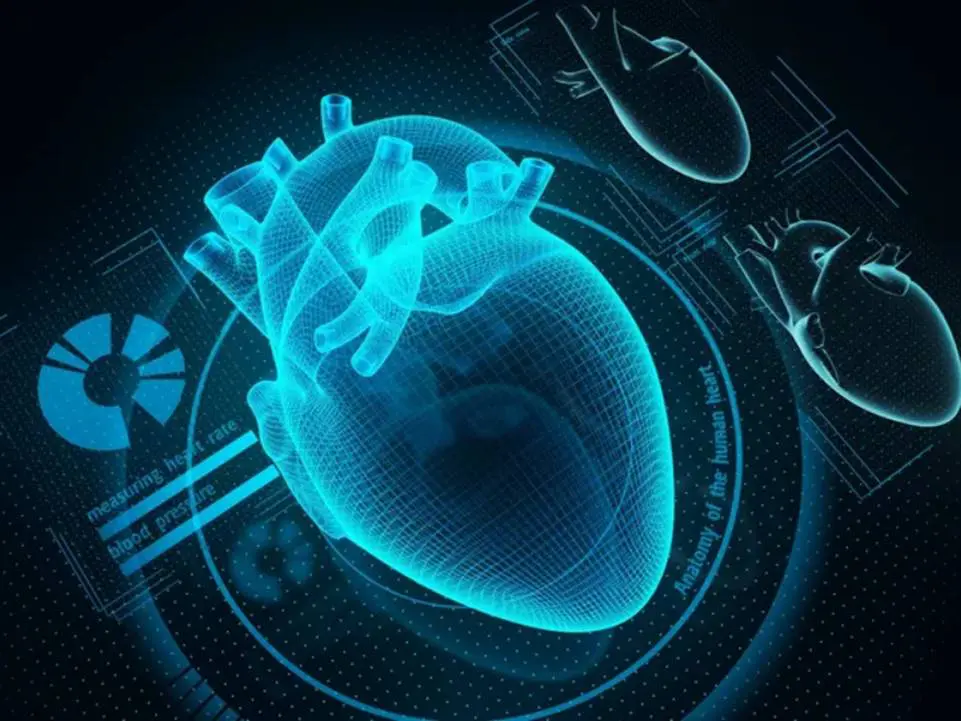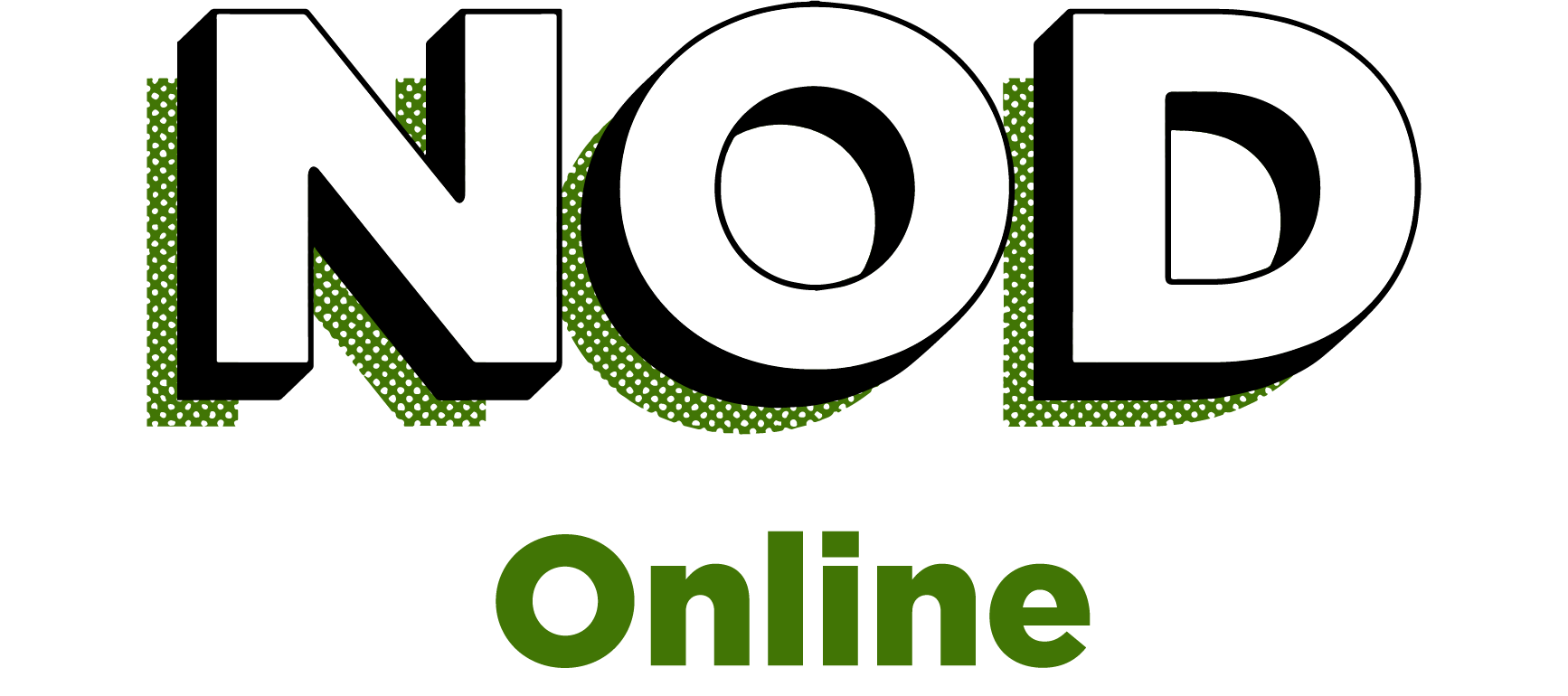
Vitamins / Minerals
Americans are not the best at making sure that they get enough micronutrients. For example, over 94% of the American population does not get enough Vitamin D.
Getting enough vitamins and minerals is one of the most important things you can do to help protect your health.
Each of your body’s systems relies on vitamins and minerals to perform the functions they were meant to accomplish. Vitamins like vitamin C vs vitamin D do different jobs. You need to make sure you’re getting enough of each.
When you take in enough, your body is free to do its job. When it doesn’t get enough from the foods you eat, your body can easily get depleted.
If you have any existing conditions, knowing how to boost your intake is one of the easiest steps possible to take toward getting back to normal.
Here are a few ways we can do that.
Unveiling the Power of Vitamins and Minerals
Vitamins and minerals stand as the unsung heroes of human health. They orchestrate essential functions behind the scenes.
Without them, some of the most basic bodily functions would not be possible. Let’s delve deeper into these health heroes.
Understanding Vitamins
Vitamins are the fuel that keeps our bodily engines running smoothly.
These micronutrients are required in small amounts. They are the catalysts of various biochemical reactions essential for growth, energy production, and overall well-being.
They are broadly categorized into water-soluble and fat-soluble vitamins. Each type of vitamin comes with its unique characteristics and contributions.
Water-Soluble Vitamins
These dynamic vitamins are like the orchestra conductors of our biological symphony. They dissolve in water and are not stored to a great extent in the body. This is why they need regular replenishment.
Vitamin B1 orchestrates the conversion of food into energy. This ensures our cells stay nourished.
Vitamin B2 plays a supporting role in energy production while contributing to healthy skin and vision. Vitamin B3 takes center stage in breaking down carbohydrates. It’s also important for nerve function.
Vitamin B5 plays a part in energy synthesis and hormone production. Vitamin B6 aids in brain development and red blood cell creation. Vitamin B7 takes care of external appearances. It promotes healthy hair, skin, and nails.
Vitamin B9 guides cell division and DNA synthesis. And last but not least, Vitamin B12 ensures that the nerve cell performers are always ready. This contributes to red blood cell formation and nerve function.
Vitamin C enters the stage with its antioxidant prowess. It defends against free radicals. This boosts immune function and aids in wound healing. It’s an essential nutrient for maintaining the body’s resilience.
Fat-Soluble Vitamins
Enter the realm of fat-soluble vitamins: A, D, E, and K. These characters possess the unique ability to be stored in the body’s fatty tissues. This ensures a continuous supply.
Vitamin A is the guardian of healthy vision. It’s a contributor to skin and mucous membrane health. Vitamin D, the “sunshine vitamin,” takes charge of calcium absorption. This bolsters bone health and aids immune responses.
Vitamin E is an elegant protector. It safeguards cell membranes from oxidative damage.
Vitamin K takes on the pivotal role of blood clotting and bone health. It ensures that the body’s internal performance is in harmony.
Each vitamin contributes to the harmonious functioning of our bodies. But vitamins have an unsung sidekick. That sidekick is minerals. We’ll take a look at those next.
Exploring Minerals
Minerals are inorganic elements. They serve as the bedrock for numerous physiological processes within the human body.
Their significance lies in their ability to act as catalysts. They enable various biochemical reactions to occur seamlessly.
Definition and Types of Essential Minerals
Essential minerals are a diverse group of elements that our bodies cannot produce independently.
They must be sourced from the foods we consume. These minerals are classified into two categories based on the amount the body requires: macrominerals and trace minerals.
Importance of Minerals for Bodily Functions
Minerals play a vital role in maintaining overall health. They do this by contributing to a multitude of bodily functions.
From bone health to nerve transmission, minerals are the unsung architects of a well-functioning body.
They help regulate fluid balance, support muscle contraction, and facilitate enzyme activity. They even aid in the transportation of oxygen throughout the body.
Key Minerals and Their Roles
You might still be wondering what exactly a mineral is. What you might not know, is that you probably already know the names of some of the most important and commonplace minerals in our bodies.
Calcium
Calcium’s primary role lies in the formation and maintenance of strong bones and teeth.
It’s also essential for proper muscle function, nerve transmission, and blood clotting.
Iron
Iron is a fundamental component of hemoglobin. Hemoglobin is the protein responsible for transporting oxygen from the lungs to the rest of the body.
It plays a crucial role in energy production, immune function, and cognitive development.
Magnesium
Magnesium, the hero of relaxation, is involved in over 300 enzymatic reactions within the body.
It supports muscle and nerve function, helps regulate blood pressure, and contributes to bone health.
Zinc
Zinc wears many hats. It does everything from supporting immune function and wound healing to playing a role in DNA synthesis and growth. It’s also a key player in taste perception and maintaining healthy skin.
Minerals provide the essential rhythm that allows our bodies to function harmoniously.
The orchestra of bodily processes relies on the presence of these elemental performers.
Synergistic Relationship
The collaboration between vitamins and minerals creates a harmonious melody that resonates throughout our bodies.
They play a part in the captivating interplay between the micronutrients that we need in our bodies. The importance of that balance can’t be understated.
Keeping these vitamins and minerals in working harmony is the key to good health. Imbalances can lead to a number of issues.
How Vitamins and Minerals Work Together
Vitamins and minerals are not solitary performers. They often join forces to amplify each other’s impact.
For instance, Vitamin D enhances the absorption of calcium. This ensures that this essential mineral can fortify bones effectively. Vitamin C, an antioxidant, regenerates Vitamin E. This extends its protective effects against oxidative stress.
The partnership between zinc and Vitamin A is crucial for maintaining healthy skin and a robust immune response. Iron, while vital for oxygen transport, is better absorbed when accompanied by Vitamin C.
All of these interactions highlight the intricate web of dependencies among these nutrients.
Importance of Balance for Optimal Health
The delicate balance of vitamins and minerals is key to achieving and maintaining optimal health.
Imbalances can disrupt the delicate choreography of bodily functions. This could lead to a lot of different effects. Excessive intake of one nutrient might interfere with the absorption or utilization of another.
Effects of Deficiencies and Excesses
A deficiency in either vitamins or minerals can result in a range of health issues. Insufficient Vitamin D can lead to weakened bones and an increased risk of fractures.
Low levels of iron can lead to anemia. Anemia causes fatigue and reduced cognitive function.
On the other hand, excessive intake can also be problematic. Too much Vitamin A can lead to nausea, dizziness, and even liver damage. Overdoing it with minerals like calcium can lead to the formation of kidney stones.
Achieving the right balance is akin to conducting a well-coordinated symphony. Just as no single instrument dominates the orchestra, no single nutrient reigns supreme. Each nutrient plays a specific role. They each contribute to the overall harmony that is well-being.
As much as we have covered here, we have only scratched the surface of the collective influence of vitamins and minerals.
The fine balance that you need to strike between these essential micronutrients shows just how complex the human body can be. We can also see just how much we need to have a varied and balanced diet to keep our bodies in their best shape.
CARDIOVASCULAR SYSTEM

Our cardiovascular system tirelessly pumps blood to deliver oxygen, nutrients, and life to every corner of the body.
Let’s take a closer look at this system. There are many intricate pathways of the cardiovascular system to explore. Vitamins and minerals traverse all of these pathways and do an important job in keeping everything running smoothly.
Cardiovascular System at a Glance
The cardiovascular system is composed of the heart, blood vessels, and blood. It forms the infrastructure that keeps our bodies thriving.
The heart is a powerful muscular organ. It acts as a relentless pump, propelling oxygen-rich blood to the body’s tissues and returning oxygen-depleted blood to the lungs for rejuvenation.
The network of blood vessels acts as a vast highway system. This highway system ensures a steady flow of nutrients and oxygen while removing waste products.
The Importance of a Healthy Heart and Blood Vessels
A well-functioning cardiovascular system is paramount for overall well-being. A healthy heart beats rhythmically. This rhythmic beating ensures an adequate supply of blood reaches all corners of the body.
Elastic and unobstructed blood vessels contribute to proper blood flow. They prevent issues such as hypertension, blood clots, and heart disease.
Role of Vitamins and Minerals in Cardiovascular Health
Both vitamins and minerals play an important role in the healthy functioning of your cardiovascular system.
Here’s how.
Impact of Specific Vitamins on Heart Health
Vitamins like B6 are vital contributors to heart health. B6 helps regulate homocysteine levels, an amino acid linked to heart disease.
Vitamin B12 collaborates with folate to promote red blood cell formation. This prevents anemia and reduces the risk of heart-related complications.
The Significance of Minerals for Blood Pressure Regulation
Minerals are equally essential for cardiovascular well-being.
Calcium is a key player in maintaining normal blood pressure. It aids in smooth muscle contraction within blood vessel walls. This ensures proper blood flow and pressure regulation.
Magnesium is a versatile mineral. It supports muscle relaxation. This contributes to healthy blood vessel function.
Potassium complements these efforts by helping the body balance sodium levels. Which is a key factor in blood pressure control.
Antioxidant Vitamins and Their Role in Preventing Oxidative Stress
The cardiovascular system is not only affected by mechanical factors. It is also affected by oxidative stress, which can lead to inflammation and cell damage.
Antioxidant vitamins stand as vigilant guards against oxidative stress. Vitamin C prevents the oxidation of LDL cholesterol. This is a process that contributes to the development of atherosclerosis.
Vitamin E shields these vital structures from damage caused by free radicals.
Maintaining Cholesterol Levels
Cholesterol levels are important for maintaining good heart health. It can sometimes be difficult to know what’s good for cholesterol levels and what isn’t.
Cholesterol is a building block for hormones and cell membranes. Specific vitamins and minerals play a role in cholesterol metabolism. They ensure a delicate balance.
Niacin, a B vitamin, has been shown to increase HDL cholesterol levels while reducing LDL cholesterol levels.
Fiber, although not a vitamin or mineral, is essential for heart health as it helps lower LDL cholesterol by binding to it and aiding in its elimination.
The Link Between Cholesterol and Heart Disease
The connection between cholesterol and heart disease is well-established. High levels of LDL cholesterol can lead to the accumulation of plaque in arteries. This narrows the blood vessels and restricts blood flow.
Over time, this can result in conditions such as:
- Coronary artery disease
- Heart attacks
- Strokes
- Heart disease
- Angina
Keeping an eye on your LDL cholesterol levels is really important. It gets gradually more important the older you get.
Diet and Lifestyle Factors for Cholesterol Management
A balanced diet rich in the following is great for heart health:
- Fruits
- Vegetables
- Whole grains
- Lean proteins
- Healthy fats
All of these things contribute to cardiovascular health. Incorporating plant sterols, found in nuts and seeds, can help lower LDL cholesterol levels.
Our cardiovascular system is a complex and intricate network that demands our attention and care. Vitamins and minerals regulate blood pressure.
They prevent oxidative damage. By understanding the symbiotic relationship between these micronutrients and the cardiovascular system, we empower ourselves to make informed choices that support the vitality of our hearts and blood vessels.
Strengthening the Immune System

An intricate shield that tirelessly guards against invaders and safeguards our health is important.
If you want to think about vitamins, you have to delve into the world of the immune system. Both vitamins and minerals are important parts of a good working immune system.
The right balance of vitamins and minerals can keep illnesses at bay and help you feel your best at all times.
Immune System Overview
The immune system is the body’s natural defense against harmful invaders. These invaders could include bacteria, viruses, or other pathogens.
Its mission is to identify and neutralize these potential threats. This will prevent infections and maintain overall well-being. A robust immune response is not just desirable; it’s essential for warding off illnesses and promoting longevity.
Vitamins and Minerals as Immune Supporters
You might be wondering what you can do to improve your immune system. It’s a common question among people who want to fight off illness wherever they can.
One of the best things you can do is turn to the helping hand of vitamins and minerals.
Role of Vitamin C in Immune Function and Collagen Synthesis
Vitamin C is hailed as a superhero of the immune system. It not only supports immune cell function but also plays a crucial role in collagen synthesis, which is essential for wound healing.
Vitamin C’s antioxidant properties further protect immune cells from oxidative stress, ensuring their optimal performance.
Importance of Vitamin D for Immune Modulation
Vitamin D, often referred to as the “sunshine vitamin,” contributes to immune system modulation. It aids in the production of antimicrobial peptides that help fight infections.
Additionally, Vitamin D is involved in regulating the immune response, preventing it from becoming overactive and causing unnecessary inflammation.
Zinc’s Contribution to Immune Cell Function and Wound Healing
Zinc, an essential mineral, is a key player in immune cell function. It supports the development and activity of immune cells, allowing them to mount effective defenses against invading pathogens.
Zinc also plays a crucial role in wound healing, ensuring that the body can repair itself efficiently.
Defense Against Infections
The main job of your immune system is to keep infections at bay. It’s the first line of defense against infections and the best way to stay healthy is to boost your immune system.
Enhancing the Body’s Defense Against Infections
Vitamins and minerals act as the body’s frontline soldiers in the battle against infections.
Vitamin A, for example, supports the integrity of the skin and mucous membranes, forming a barrier against invading pathogens.
Vitamin E bolsters the immune response by neutralizing harmful free radicals that can weaken immune cells.
Implications of Micronutrient Deficiencies on Immune Response
A deficiency in essential vitamins and minerals can compromise the immune system’s ability to mount an effective defense.
For instance, a lack of Vitamin C can weaken immune cell function, while insufficient Vitamin D levels may lead to a less robust immune response.
Micronutrient deficiencies can render the body more susceptible to infections and reduce the body’s ability to recover.
The Immune-Boosting Potential of Antioxidants
Antioxidants, such as Vitamin C and Vitamin E, play a pivotal role in immune health. By neutralizing harmful free radicals, antioxidants protect immune cells from damage and ensure their optimal function.
This defense mechanism is crucial for maintaining a strong immune response.
By understanding the pivotal role that vitamins and minerals play in strengthening the immune system, we empower ourselves to make informed lifestyle choices that fortify our body’s natural defenses.
Prioritizing a Balanced Diet for Overall Well-Being: Vitamin C vs Vitamin D
These two vitamins, each with their distinct attributes, mirror the nuanced balance required in our dietary choices. While Vitamin C’s antioxidant prowess shields our cells from harm, Vitamin D’s role in immune modulation and bone health contributes to our body’s resilience.
Just as these vitamins work in harmony, so too must we strive for equilibrium in our nutritional intake. It is one of the most important aspects of maintaining a healthy lifestyle.
The way to achieve this is to eat a balanced diet that is rich in essential nutrients.
A plate adorned with a colorful array of fruits, vegetables, lean proteins, whole grains, and healthy fats holds the promise of vibrant health.
Nurturing our cardiovascular system, fortifying our immune response, and fueling our bodies with the necessary vitamins and minerals culminates in a holistic approach that resonates through every aspect of our lives.
Find Out More About Health and Wellness Today
In the intricate mosaic of human health, the interplay of vitamins, minerals, cardiovascular well-being, and immune strength emerges as an important part of staying fit and healthy.
We’ve unraveled the roles of these essential micronutrients, witnessed their dance within our cardiovascular system, and marveled at their fortifying embrace of our immune defense.
As you journey forward, remember the relationship between Vitamin C vs Vitamin D, and the importance of a balanced diet as the conductor of your well-being. Embrace this harmonious melody and let it guide you to a life of vibrant health and lasting vitality.
If you’re looking for more health and wellness content, then you’re in the right place. Take some time to browse some more of our informational content today. Better yet, sign up for our newsletter to get this content direct to your inbox.
